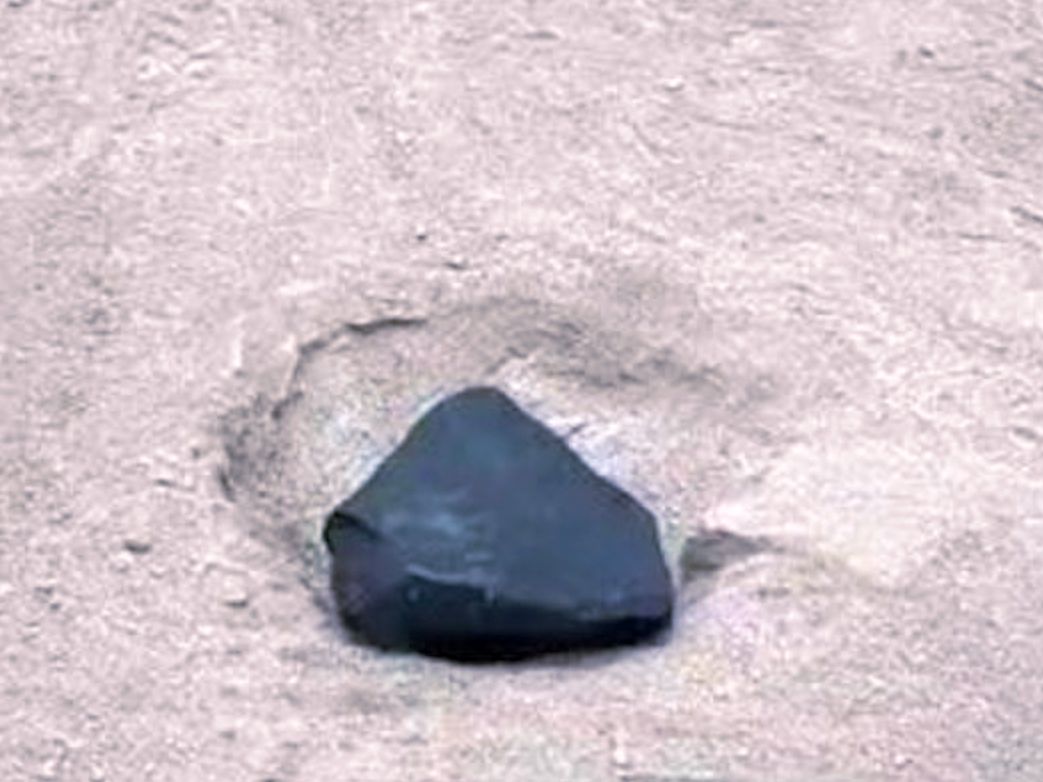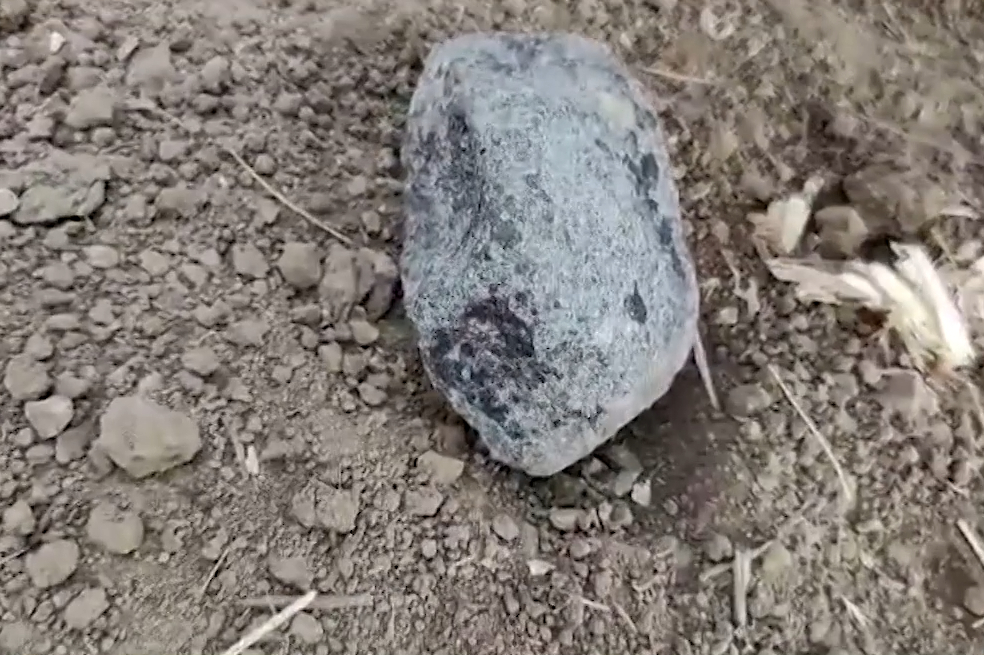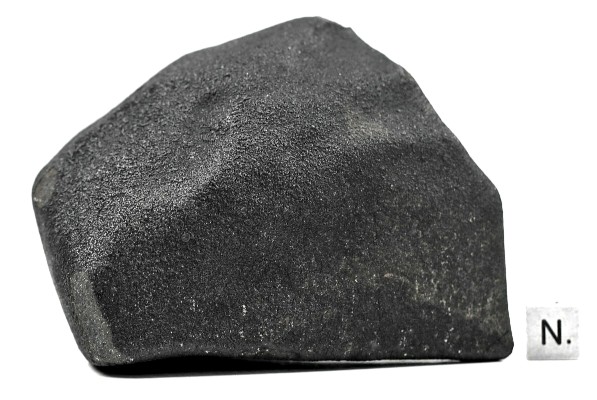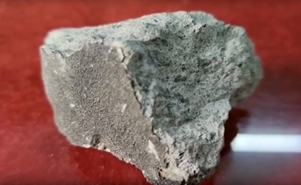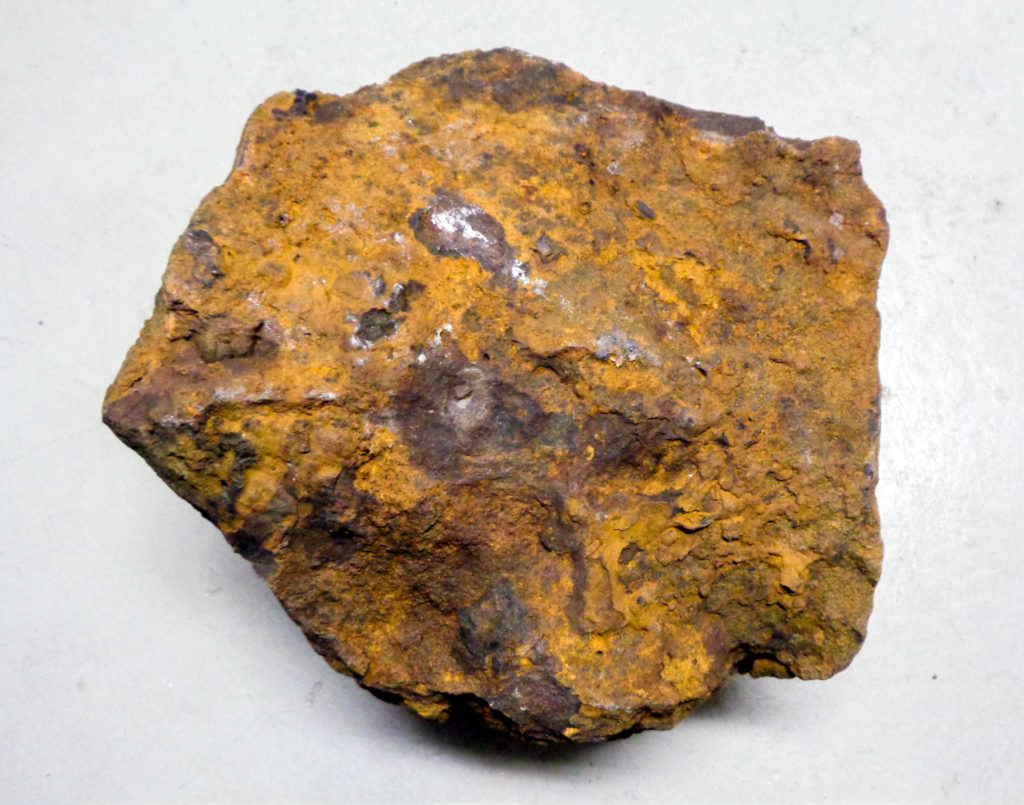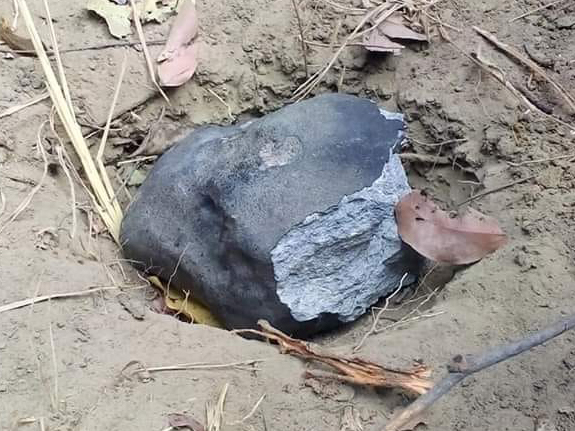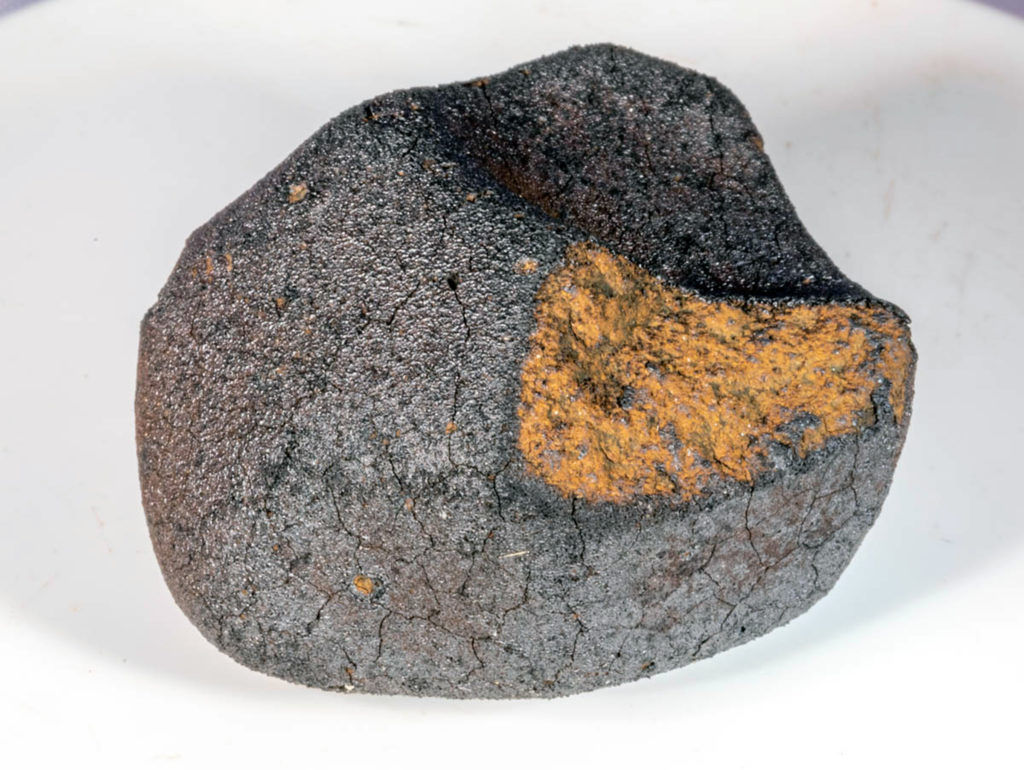Shock-induced potassium and zinc isotope fractionation in ordinary chondrites and its implications
Ying-Kui Xu, Zhi Li, Shi-Jie Li, Ze-Zhou Wang, De-Liang Wang, Yan Fan, Xiong-Yao Li, Jian-Zhong Liu, Dan Zhu
Geochimica et Cosmochimica Acta
In Press, Journal Pre-proof, Available online 30 March 2023
„To constrain how impacts influence the behavior of moderately volatile elements (MVEs), we report potassium (K) and zinc (Zn) contents and isotopic compositions of shock melt pockets (SMPs) and unmelted parts of three heavily shocked ordinary chondrites and bulk rocks of Chelyabinsk meteorite. All SMPs are enriched in K content and have lower isotopic values (δ41K = -1.99‰, -1.22‰ and -1.40‰) while the adjacent unmelted parts are enriched in heavy K isotopes (δ41K = -0.41‰, -0.01‰ and 0.04‰) compared to the bulk rocks of Chelyabinsk meteorite (δ41K = -0.77‰ and -0.73‰). By contrast, Zn is depleted in SMPs and the isotopic compositions are heavier (δ66Zn = -0.19‰, 2.42‰, 1.74‰) in SMPs than that in unmelted parts (δ66Zn = -0.65‰, 1.76‰, -0.97‰). Our results indicate a decoupling between the two MVEs that Zn is lost from shock melts while K is dramatically enriched in shock melts during impacts. The isotope fractionation of Zn is probably caused by evaporation of shock melts, while K isotope fractionation is most likely caused by solid-melt diffusion which is controlled by its incompatibility. The isotopic decoupling of K from Zn during major impacts further enhances our understanding of high temperature elemental and isotopic behavior of MVEs and may shed new light on the variously heterogeneous distribution of MVEs in solar system.“

